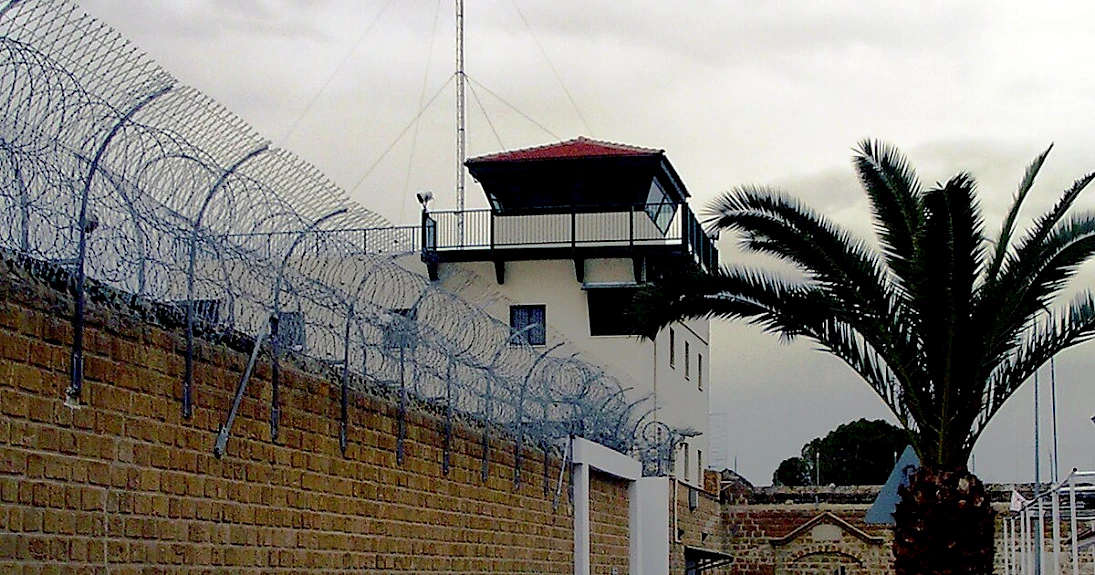Cyprus prepares to launch mobile phone blocking system in prisons
By the end of November, a new electronic system that will detect and block mobile phones used by inmates will begin operating in Cyprus’ Central Prison. The project, which authorities have been working on for nearly ten years, is entering its final phase.

According to Minister of Justice and Public Order Marios Hartsiotis, equipment testing is already underway. The second phase, which will expand system functionality, is scheduled for early 2026. The exact activation date is not disclosed for security reasons.
Targeted signal blocking
The system is based on sensors that detect activity from unauthorized devices inside the prison. When a phone attempts to connect, the device is registered and the program creates a visual map showing the signal’s location.
This will allow guards to quickly identify and seize prohibited phones without large-scale searches. The new equipment will block communication locally, only in the specific cell or sector where the violation is detected.
This approach was developed after complaints from nearby residents and telecom operators who previously experienced signal disruptions due to old jamming systems.
Complex installation and confidential contracts
Installing the new network proved technically challenging. The prison is located in a residential area near the buffer zone, so engineers had to consider its effect on civilian networks.
Two separate contracts were signed for the project — one for detection systems and another for deactivation. Both agreements are confidential and closely interconnected.
Legislative measures
Together with the technological solution, the government is preparing a law that will criminalize possession or use of mobile phones by inmates, visitors, and staff. The bill has already been submitted to parliament.
Minister Hartsiotis noted that the combination of modern equipment, upgraded video surveillance, and new legal measures will significantly enhance security and modernize the penitentiary system.
Trial and error
Efforts to solve the issue began in 2015. The first system, installed in 2020, proved ineffective and could not handle 5G networks. In 2023, the contract with the previous supplier was terminated.
The current system, authorities hope, will finally eliminate the ability to organize crimes from behind bars.
“The Ministry of Justice remains committed to resolving this issue, which has been ongoing for nearly ten years,” Hartsiotis stressed.
International experience
The illegal use of mobile phones in prisons is a problem in other countries as well, but approaches vary.
-
USA prohibits direct jamming, using a managed access system that directs traffic only to authorized devices.
-
India still uses outdated 2G jammers unable to block modern networks, allowing inmates to find ways to connect.
-
United Kingdom regulates such technology under the Prisons (Interference with Wireless Telegraphy) Act 2012, requiring strict signal-blocking boundaries and protection of civilian access.
British practice shows that success is possible only with precise technology and a strong legal framework.
You may also be interested in:
- OKYPY develops a network of specialized medical centers in Cyprus
- In Larnaca, Vergina Lyceum students posed with Nazi symbols — parents demanded intervention
- Cyprus Ministry of Health announces measures against overprescription of antibiotics
- Cypriot divers celebrated Christmas underwater at the Zenobia shipwreck
- Limassol police strengthen protection for a businessman after a second arson attack


